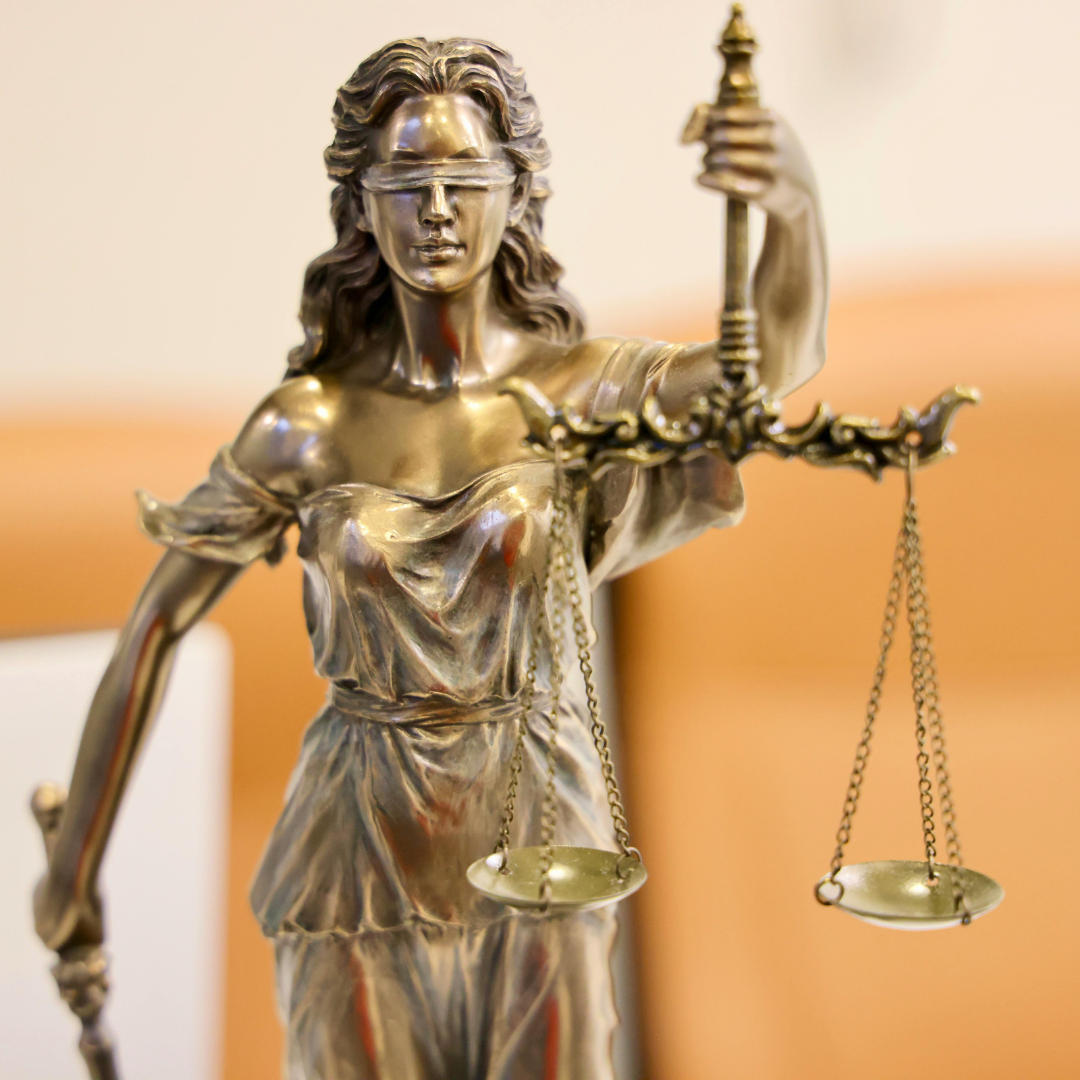I am a CLSA Committee member but also the representative of Sussex on the Law Society Council, one of 97 seats.
The Law Society sees the protection of the Rule of Law both in England and Wales and abroad as one of its most important functions. At a special council meeting on 7th May this year at Chancery Lane the day was set aside to discuss the concept and help inform TLS policy. It got me thinking about what the phrase means and its application to criminal defence solicitors.
I have always found “Rule of Law” a tricky phrase. It seems tautologous. The words Rule and Law mean almost the same thing.
I am not alone. In (Lord) Tom Bingham’s book entitled The Rule of Law he says “…the expression was constantly on people’s lips [but] I was not quite sure what it meant, and I was not sure that all those who used the expression knew what they meant either, or meant the same thing.”
Perhaps the proverbial “person on the Clapham omnibus” might regard the rule of law as having to stick to the speed limit or not stealing from Sainsbury’s (other supermarkets are available). This may in part be accurate and is directly relevant to our work as Criminal Lawyers, but it cannot be the whole concept.
Dicey in the 19th Century formulated the Rule of Law as:
- Supremacy of regular law (the Clapham Omnibus understanding, that is you are subject to known laws and punishments, not the arbitrary use of power)
- Equality before the law – yes you too, Boris.
- Constitutional principles arise from judicial decisions – the power of case law within our unwritten constitution.
As Criminal Defence Solicitors, we are key to protecting Dicey’s first proposition – the supremacy of regular law. We are also involved every day in making case law – sometimes involving important constitutional principles such as the ambit and limits of free speech or freedom to protest, tested by Public Order Act and anti protest legislation.
We do so knowing how important it is that a Solicitor can represent clients free from hindrance, vilification and personal conflation with the accused or crime.
This is not the case everywhere. On 7th May I spoke with one of the international team at TLS who told me of visits she had made to lawyers in Turkey, imprisoned just for doing their jobs. TLS has mounted a campaign advocating for their release.
Targeting lawyers is a tactic designed to suppress the rule of law. As Shakespeare said (though in a different context), “First let’s kill all the lawyers”. Bill Browder’s book ‘Red Notice’ describes a state, Russia, killing a lawyer for political purposes.
Even in a country that we think of as embracing the Rule of Law, President Trump has sought to penalise law firms of which he disapproves. In a presidential memorandum he ordered the suspension of security clearances for all attorneys at a firm that aided the Special Counsel that led prosecutions against him. He barred, by executive order, federal agencies from doing business with the firm. This is a clear attack on the Rule of Law.
So, the concept may sometimes appear grandiose and distant but we must be vigilant and always seek to protect it, both at a micro and macro level.

